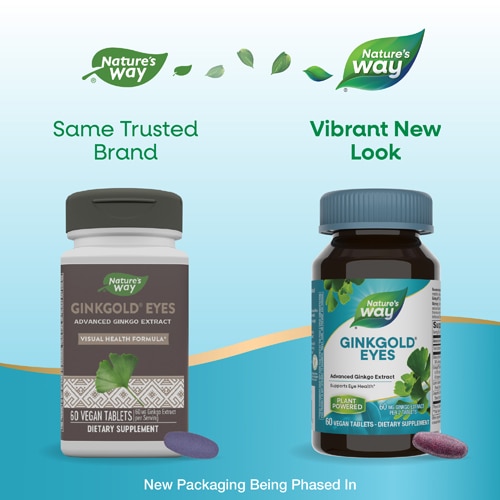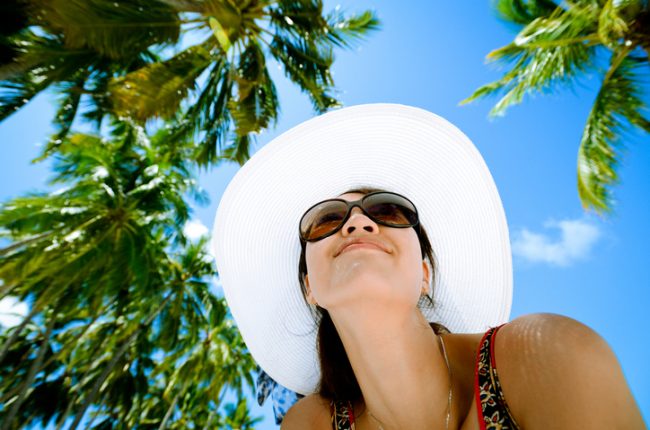Summer is the time to splash in the water, bike a great trail or perfect your putt on the golf course. However, the sun poses a danger to your vision that can quickly cloud visions of outdoor fun.
Fail to protect your eyes today, and you’ll likely pay for it tomorrow, says Diane Bovenkamp, vice president of scientific affairs for BrightFocus Foundation, a Clarksburg, Maryland-based nonprofit that supports research into medical conditions such as glaucoma and macular degeneration.
“Everyone — especially people who already have eye problems — should protect their eyes from the ultraviolet light found in sunshine,” she says.
How the sun damages your eyes
Ultraviolet — or “UV” — light causes sunburn, but it also can damage the eye’s surface and internal structures, leading to conditions such as cataracts. Many studies also suggest that this type of light — which is not part of the visible spectrum of light — also contributes to macular degeneration, Bovenkamp says.
“The effects are cumulative,” she says. “The more exposed your eyes are to UV rays, the higher the risk of damage to the cornea, retina and lens becomes.”
In addition, the thinning of the Earth’s ozone layer has reduced its ability to function as a UV filter. “It is now more dangerous than ever to eyes and skin to spend unprotected hours in the sun,” Bovenkamp says.
Steps to take that protect your eyes
Fortunately, there are many things you can do to protect your eyes for a lifetime of healthy vision.
“The simplest way to protect against possible retinal light damage is to wear sunglasses and a hat,” she says.
When shopping for sunglasses, the American Optometric Association recommends choosing a pair that block 99 to 100 percent of two types of ultraviolet rays -- UVA and UVB – and that screen out 75 to 90 percent of visible light, the shorter-wavelength blue and violet light that can damage your retina.
The AOA also recommends choosing gray lenses, which do not interfere with your ability to see color.
“Large lenses are better than small ones, and wraparound lenses are even better,” Bovenkamp says. That’s because UV rays can enter the eyeball from the sides, above and below.
“If you aren’t sure about the quality of your sunglasses, ask your optometrist or optician to check their protection level,” Bovenkamp says.
Regular, colorless prescription lenses also can provide protection against the sun’s harmful rays. Again, ask an eye professional for more guidance about such lenses.
“Contact lenses may provide some protection but only to the part of the eye that they actually cover,” Bovenkamp says. “So, you should still wear sunglasses.”
When selecting a hat, make sure it provides a proper amount of coverage for your eyes. Bovenkamp says the brim should be wide enough to prevent sunlight from creeping in the sides, or reflecting off surfaces like water or snow.
“In addition to lowering your risk of eye diseases, hats can help shield your face and neck, where skin cancers can form,” she says.
Protecting your eyes in every circumstance
Remember to protect your eyes in all conditions, not just on sunny days. Clouds don’t block ultraviolet light, so wear sunglasses on cloudy or overcast days.
Eye protection is especially important at the beach or in snow, Bovenkamp says.
“Water and sand reflect, and thus increase the intensity of UV rays from 10 to 20 percent,” Bovenkamp says. “Snow can reflect up to 80 percent.”
If you have children or teens at home, make sure they wear proper eye protection in the sun. Because sun damage is cumulative, it’s especially important to avoid the sun’s harmful rays from a young age, Bovenkamp says.
While wearing sunglasses and a good hat can help protect your eyesight, they are not sufficient to completely protect your vision.
So, Bovenkamp recommends having a comprehensive dilated eye exam regularly after age 40, or annually if your health professional recommends it.




